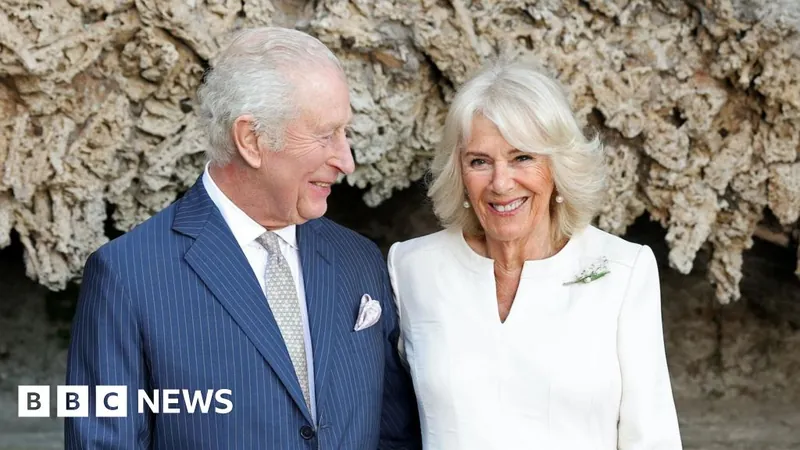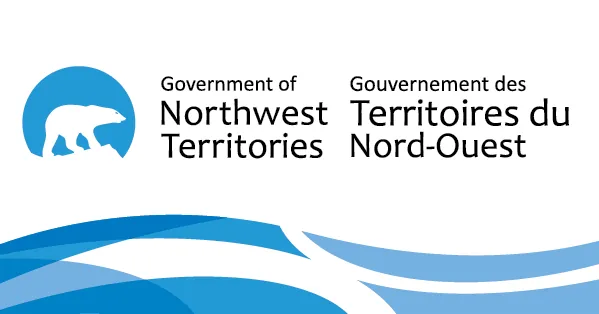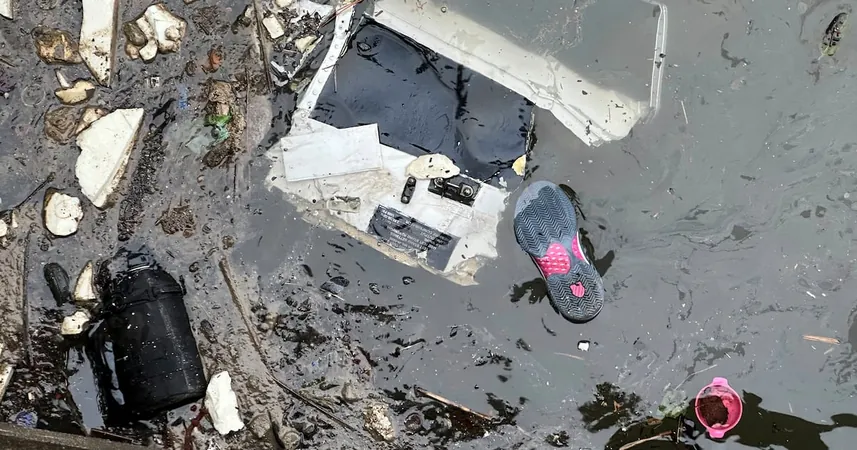
Five Years Later: A Medical Officer Reflects on the Cataclysmic Impact of COVID-19
2025-01-02
Author: Liam
Introduction
GUELPH – As we mark the five-year anniversary of the COVID-19 pandemic, Dr. Nicola Mercer, the medical officer of health for Wellington-Dufferin-Guelph Public Health, reflects on a time that reshaped lives across the globe. It was just before Christmas in 2019 when Dr. Mercer first learned of a mysterious virus that had begun spreading in China—a moment that marked the beginning of an unprecedented global public health crisis.
January 2020: Early Responses
In the early days of January 2020, Ontario’s Chief Medical Officer, Dr. David Williams, convened a meeting of health officials across the province to discuss the looming threat. Information was limited, and the Chinese government was slow to release data about the outbreak. “We had no idea of the impact it would have or if it would remain localized,” Dr. Mercer recalled.
Emergency Framework
As the pandemic unfolded, Wellington-Dufferin-Guelph Public Health went into an emergency framework—what is known as the IMS (Instant Management System)—and this state was to last for four grueling years. January 2025 marks a significant milestone, reminding us of the chaos and changes that COVID-19 brought, from widespread lockdowns and social distancing to mask mandates.
Leadership and Challenges
In an interview, Dr. Mercer spoke of the profound challenges faced by public health authorities during this time. She engaged with senior leaders in healthcare early in 2020, emphasizing the urgency to prepare for a potential health crisis that 'felt very surreal.' The public health landscape was precarious, with officials scrambling to adapt protocols as new information about the virus emerged.
They conducted contact tracing efforts and collaborated with long-term care facilities to implement infection control measures aimed at protecting the most vulnerable populations. The creation and operation of assessment centers were pivotal in managing the spread, yet Dr. Mercer noted that there was 'no playbook' for handling such an unprecedented scenario.
Focus on Minimizing Deaths
“The ability to minimize deaths was our primary focus while waiting for a vaccine,” Dr. Mercer stated, acknowledging that many lives—both young and old—were tragically lost due to delays in intervention. By March 17, 2020, Ontario declared a state of emergency, leading public health to the forefront of strategic planning alongside government, hospitals, and first responders.
Rapid Scientific Response
Contrary to initial estimates, the world witnessed a swift scientific response, and within a year, mRNA vaccine technology emerged as a beacon of hope. “The speed with which we developed and deployed vaccines was nothing short of a miracle,” Dr. Mercer asserted. The significance of this rapid response cannot be understated, as it eventually led to the vaccination of communities once shots became available in early 2021.
Community Vaccination Efforts
Municipal facilities transformed into vaccination centers, with partnerships from local organizations like the University of Guelph and Linamar Corporation making a tremendous impact. Dr. Mercer expressed immense pride in her team and the collaborative efforts across sectors that facilitated administering close to 275,000 vaccines in the region.
Mask Mandates and Long-term Care
As restrictions began to lift, Dr. Mercer implemented mask mandates ahead of provincial initiatives, believing stronger precautions could have minimized harm in long-term care settings. The lessons learned from this pandemic were staggering, particularly regarding future public health responses. 'Next time, I think we’ll do better,' she stated, acknowledging the lingering anxiety around potential future pandemics.
Mental Health Support
The pandemic also highlighted the importance of mental health support. Through monthly webinars alongside mental health professionals, Dr. Mercer focused on promoting well-being during times filled with uncertainty. “Thousands attended our webinars, and it was essential in helping the community stay hopeful,” she said, recognizing the human need for connection during isolation.
Looking Ahead
Looking ahead, Dr. Mercer emphasized the importance of continued vaccination against both COVID-19 and seasonal flu. The advent of mRNA technology could also pave the way for vaccines targeting other illnesses like certain cancers.
Transformative Lessons Learned
The pandemic accelerated a shift in how the world operates, normalizing remote work and fundamentally altering how we approach public health and medicine. As we reflect on this transformative event in our history, Dr. Mercer posits, 'It brought us future-forward. Health strategies and technological advancements have leapfrogged a decade in their importance and application.'
Conclusion
The COVID-19 pandemic taught us resilience, adaptability, and the vital role of science in safeguarding public health—a narrative that will undoubtedly shape our approaches to future health challenges.









 Brasil (PT)
Brasil (PT)
 Canada (EN)
Canada (EN)
 Chile (ES)
Chile (ES)
 Česko (CS)
Česko (CS)
 대한민국 (KO)
대한민국 (KO)
 España (ES)
España (ES)
 France (FR)
France (FR)
 Hong Kong (EN)
Hong Kong (EN)
 Italia (IT)
Italia (IT)
 日本 (JA)
日本 (JA)
 Magyarország (HU)
Magyarország (HU)
 Norge (NO)
Norge (NO)
 Polska (PL)
Polska (PL)
 Schweiz (DE)
Schweiz (DE)
 Singapore (EN)
Singapore (EN)
 Sverige (SV)
Sverige (SV)
 Suomi (FI)
Suomi (FI)
 Türkiye (TR)
Türkiye (TR)
 الإمارات العربية المتحدة (AR)
الإمارات العربية المتحدة (AR)